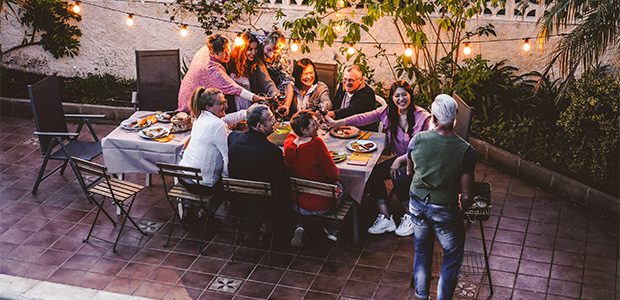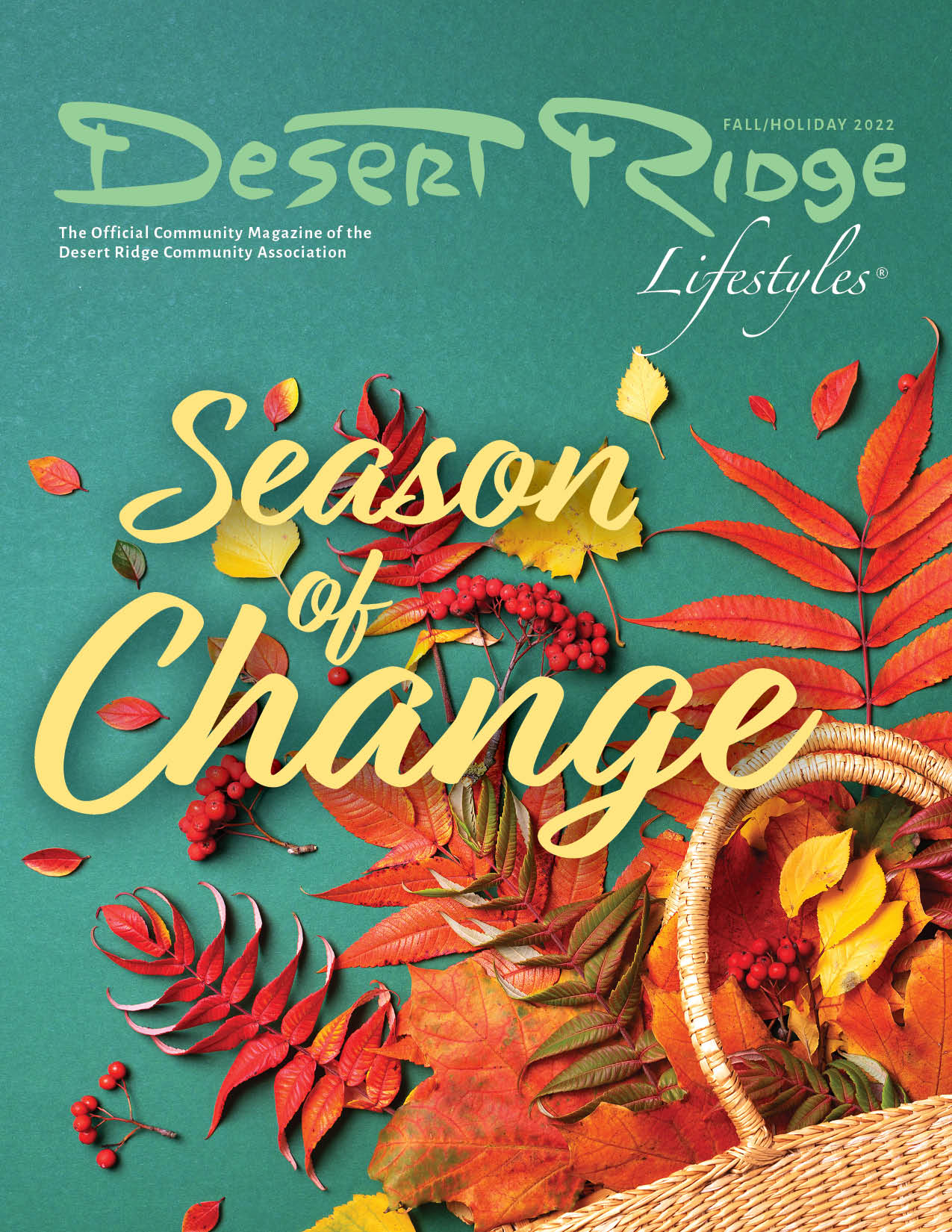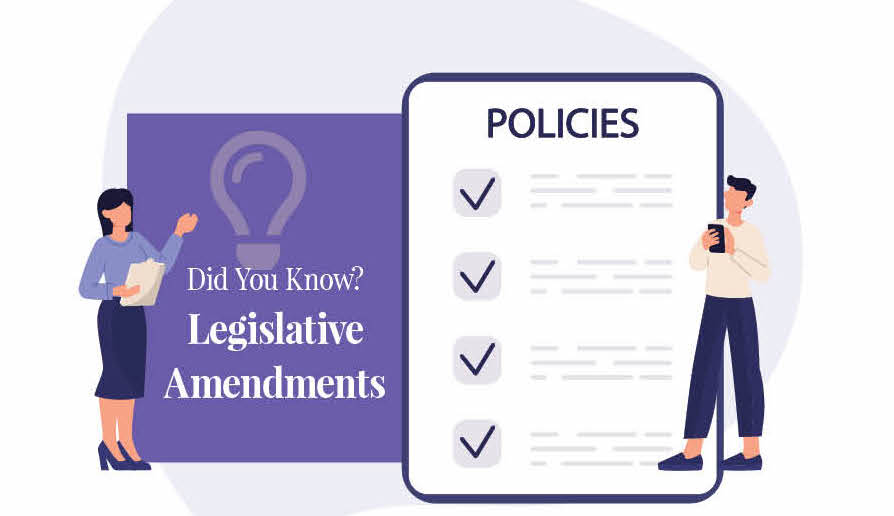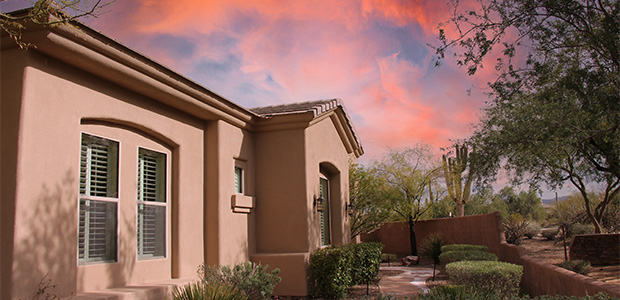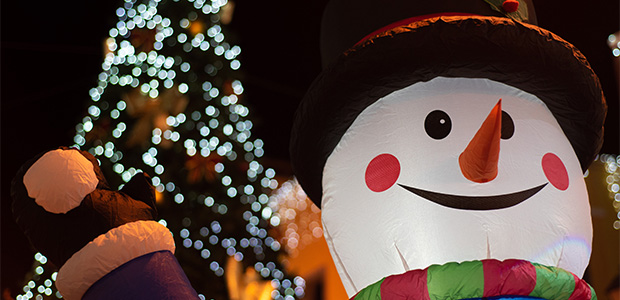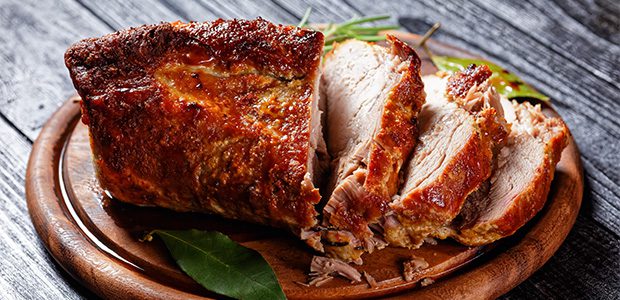December is Hi Neighbor Month.
Social connections are important to your personal health preparedness. The relationships we build with others are ties that bind during an emergency. One of the more important social connections you can make is with your neighbors.
The Importance of Neighbors
Neighbors can be an important source of assistance in the days after an emergency. Because they live close—maybe even next door—neighbors might be your first and best option for help after a tornado or during something like a power outage.
Research shows that people who think they’re prepared for disasters often aren’t as prepared as they think. Forty-six percent of people surveyed by FEMA expect to rely heavily on their neighbors for help within the first 72 hours after an emergency.
Yes, ask your neighbors for help if you need it, but—if possible—try to be the helper. The more prepared neighbors are to meet the basic and personal needs of their families on their own, the more resilient the community.
Be a Good Neighbor
- There’s no science to being a good neighbor. But there are things you can do to create a feeling of community where you live. Here are some neighborly suggestions on how you can build trust with your neighbors.
- Introduce yourself. A survey conducted by Pew Research Center in 2018 found that most Americans (57%) knew only some of their neighbors.(2) Starting an initial introduction with neighbors you don’t know can help them and you feel more comfortable about asking for help.
- Show kindness. Look for small ways you can be kind to your neighbors. For example, offer to watch their house, collect mail, put out trash cans, or water their yard while they are on vacation.
- Be a responsible pet owner. Use a leash in public and clean up after them properly. Cleaning up after your dog helps to keep the environment clean and reduces the risk of diseases spreading to people and other animals.
- Lead by example. Pick a regular time to take a walk around the neighborhood. Use your walk to meet new neighbors and model community-minded behaviors, such as picking up trash or litter.(3)
- Other simple ways to build goodwill with neighbors include maintaining the exterior of the house and lawn, keeping the noise down, and respecting property lines and personal space.
Neighbors Helping Neighbors
- People who live in communities in which members are regularly involved in each other’s lives are more empowered to help one another after an emergency.(5) Here are some ways you can get involved in your community.
- Offer to help your neighbors, especially older adults and people who live alone or with a disability or chronic disease or rely on electricity-dependent equipment, prepare for emergencies. You can offer to help them collect supplies, sign up for evacuation assistance, and collect and protect important paperwork.
- Join neighborhood groups on social networking sites.
- Volunteer with an organization active in disaster, such as your local Medical Reserve Corps (MRC) Unit or Community Emergency Response Team (CERT).
- Emergency plan with neighbors. Just 13% of respondents to FEMA’s 2021 National Household Survey said they plan with neighbors.(6) But involving trusted neighbors in your emergency action planning can help improve your resilience. At a minimum and if possible, exchange contact information so you can reach each other in an emergency.
Reprinted from Center for Disease Control and Prevention, December 7, 2021, blogs.cdc.gov/publichealthmatters/2021/12/hi-neighbor/
References
1. www.ready.gov/neighbors
2. www.pewresearch.org/social-trends/2018/05/22/how-urban-suburban-and-rural-residents-interact-with-their-neighbors/
3. www.apachejunctionaz.gov/
4. www.cdc.gov/healthypets/pets/dogs.html
5. www.phe.gov/Preparedness/planning/abc/Pages/community-resilience.aspx
6. fema-community-files.s3.amazonaws.com/2021-National-Household-Survey.pdf
